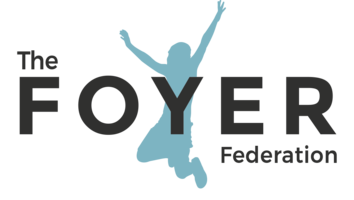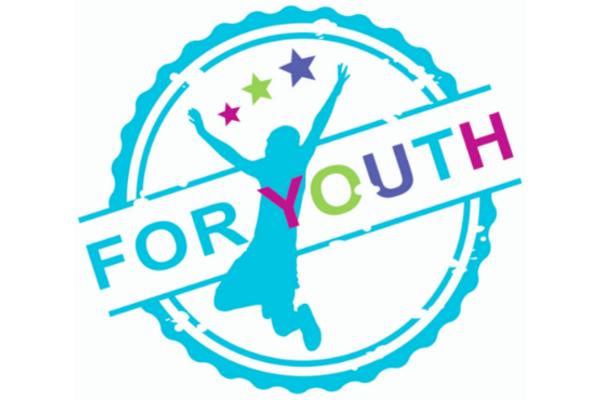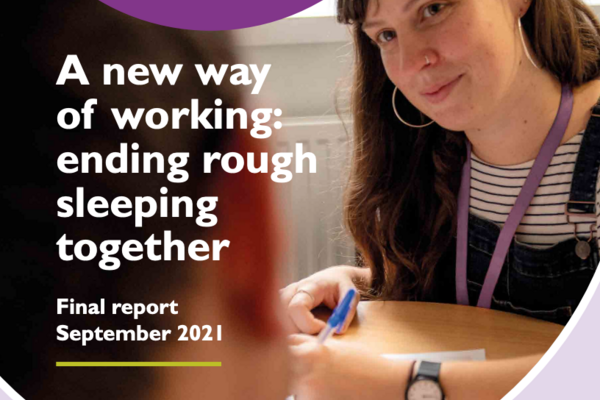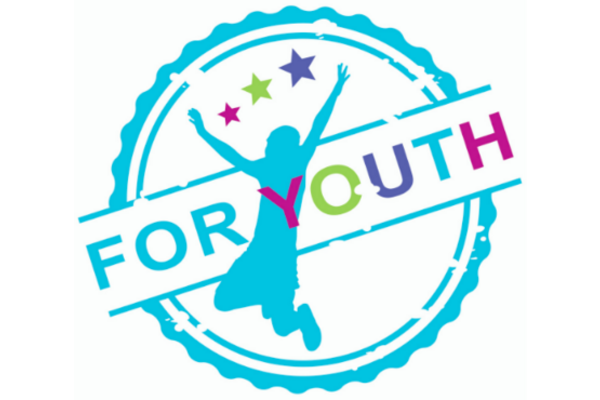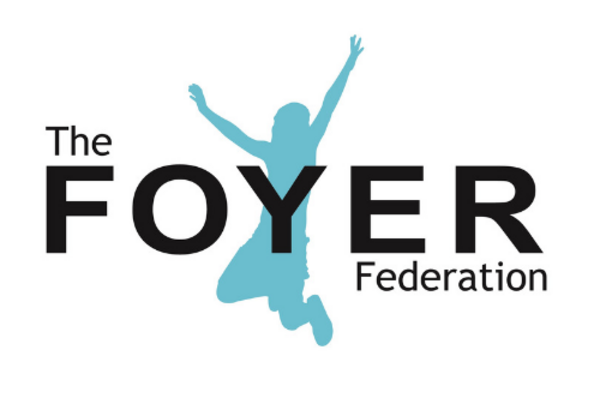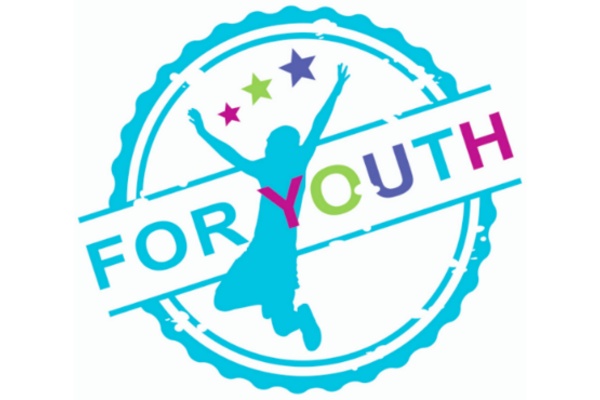Despite fears that the pandemic was likely to have a negative impact on young people’s Foyer outcomes, data for the 2020 to March 2021 period has showed strong and consistent performance. The increased efforts of Accredited Foyers to connect with young people in new ways and promote the use of digital learning has had a demonstrable impact on young people’s social skills and progress in education, while positive move on rates have remained the same.

The biggest impact has been on throughput and length of stay in Foyers. In 2020, each Foyer was working with an average of 69 new young people entering over the year, whereas in the 2021 dataset this number declined by 65% to only 24 young people. This is also reflected in average length of stays, which have increased by 30% from 54 weeks in 2020 (12 months) to 70 weeks (16 months).
Staff attrition has declined slightly by 5% to 16%. While the numbers of staff trained in asset-based working and coaching have increased by 8% and 7% respectively, the biggest rise was in the numbers of staff trained in information, advice & guidance, up 17% to 68%. In comparison to this figure, the numbers trained in coaching is 5% lower, which still requires further investment, although the increased numbers from the previous year reflect greater attention to this important area.
Of those entering into services, numbers aged 16-17 are on the rise, up by 5% to 32%, with the next highest age range of 19-20 down by 2% to 25%. The numbers with experience of care and the justice system remained the same at 28% and 22% respectively. From recorded entry support needs, the most significant changes were:
- A decrease of 5% in those from refugee and asylum seeking backgrounds and consequently a 5% decrease in those with ESOL needs.
- A 5% increase in the numbers entering with a mental health diagnosis up to 51% - a figure likely to be 20% lower than the number of young people with a mental health challenge.
Numbers in part time work on entry increased by 3% to 10%, while those in full time work decreased by a comparative figure to only 2%. The numbers qualified at level 2 or above was up by 4% to 25%. The largest change in reported entry figures was a reduction in numbers qualified to level 1, down by 7% to 37%. The 2021 dataset recorded for the first time the numbers entering Foyers from an ethnic minority background, at 18.5%.
Outcomes data showed little movement in Advantaged Thinking Theory of Change areas, suggesting that there has been little impact on overall performance from the pandemic. This fully reflects the positive efforts taken by Foyers to reshape support offers. There were marginal increases in health, housing and personal development of between 2 to 4%, and a more substantial increase in social skills up by 6% to 91%, with the only decrease being in financial skills by just 1%. The strongest Foyer impact area remains Personal Development, achieved by 94% of young people leaving Foyers. The lowest Advantaged Thinking Theory of Change progress area remains in housing, at a still reasonable rate of 83%. Progress in employability and education skills has also avoided negative impact, with a 3% rise to 50% in employability, while education increased by 15% - which reflects the significant investment made in digital learning for young people to compensate for the loss of other opportunities. While the numbers in education on exit declined by 7%, those in work was up by 6% to 29%, showing more young people able to take up part time work on exit and the total number in work on exit from a Foyer more than the double the number on entry.
In terms of move on, the numbers able to progress independently into social housing, private rental or higher education accommodation remained the same, at 50%, as did the numbers being evicted or abandoning, at 15%.
